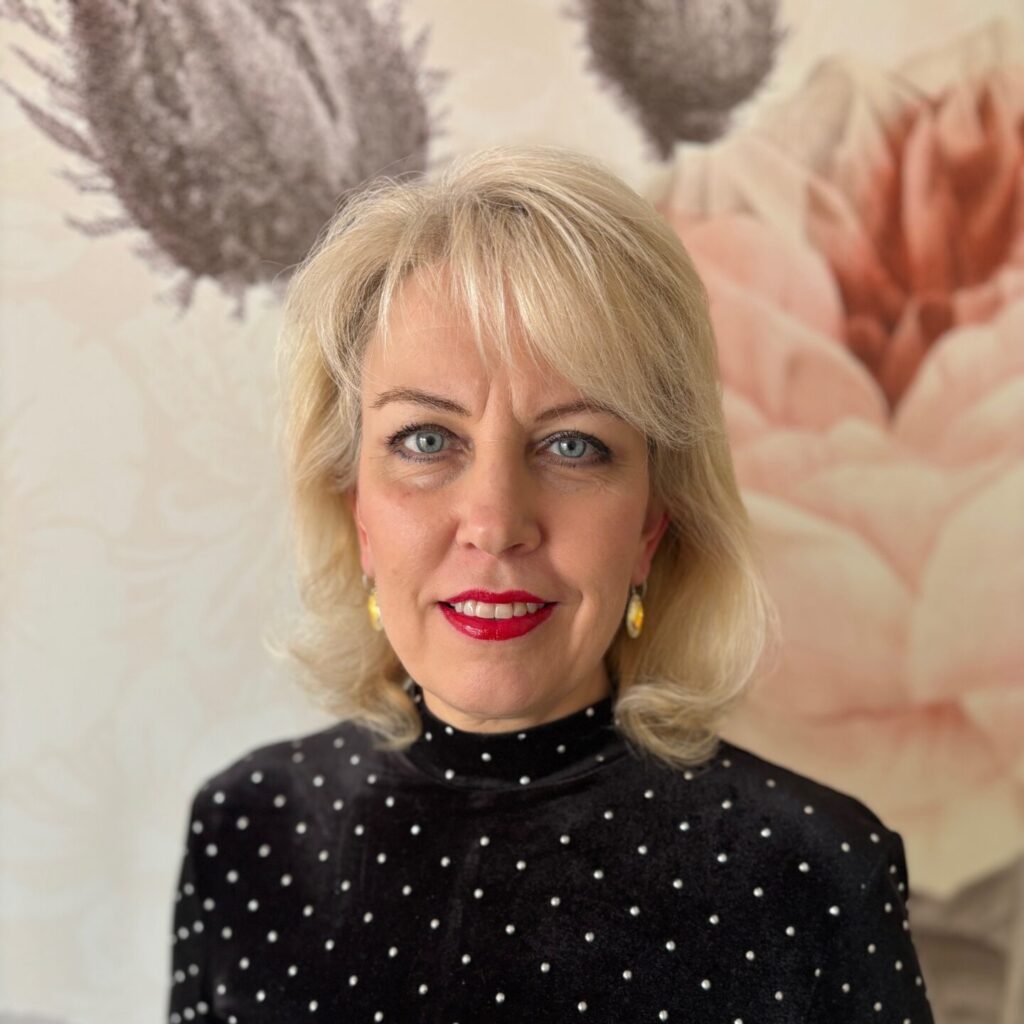The council directs and controls the activities of the Estonian Nurses’ Union based on the statutory goals. The council consists of representatives of regions and heads of partnerships. Get to know the hardworking representatives of the council of the Estonian Nurses’ Union.
Who do you work as?

I work as a nursing manager in the eye clinic of Tartu University Clinic. In addition, once a week I conduct independent nurse appointments as an orthoptist and I am a trustee of the Estonian Nurses’ Union at the eye clinic.
What worries you the most about nursing?
The biggest concern is the lack of nurses. Nurses are tired of the heavy workload and of proving that they deserve better pay.
What do you consider most important in the work of the council?
I find the joint discussions about the joys and worries of different regions to be the most interesting. It turns out that despite regional differences, many problems are similar.
What do you consider the greatest achievement of the Estonian Nurses’ Union?
I consider the special nurse project to be the greatest achievement, because more and more nurses can make independent appointments and this benefits everyone in health care. In addition, I consider the higher wages fought for special nurses to be important.
What do you do in your spare time?
After work, I like to go for walks in nature, I have also participated in several marathons. In the summer I enjoy the sun and the sea, and in the autumn I go for mushrooms in the forest. I also like to go to the theater, read books, cook, travel and tinker in the garden beds.
What book, film, music or art has inspired you the most in your work?
The movie “Men don’t cry” inspired me the most, because working in health care requires empathy, communication skills, recognizing a really sick patient and maintaining a sense of humor during hard work.
Why did you decide to join the Estonian Nurses’ Union?
My decision came years ago because the nurses’ union was and still is so determined in collective bargaining.
Who do you work as?
I am studying in the second year of nursing at Tartu Tervishoiu University and I am not yet working in the healthcare sector. However, outside of school, you can find me as a waiter at the Hõlm restaurant.

What worries you the most about nursing?
As a student, I am concerned about the lack of funding for nursing education, including internships. I have heard about the extent of this problem from students who would like to work outside of school. However, working at the same time as an internship is difficult especially for those whose internship location does not coincide with their place of residence.
What do you consider most important in the work of the council?
Constructive and forward-looking discussions. It is very grateful that the nursing students have already been included at the same table with the nurses, in order to improve our profession together.
What do you consider the greatest achievement of the Estonian Nurses’ Union?
For an organization as large as the Union of Nurses, it is difficult to single out one of the greatest achievements. It is certainly admirable the great involvement of the members in the activities of the union, both through trainings and various events. It is also important to stand up for nurses in collective agreement negotiations.
What do you do in your spare time?
I have been engaged in folk dance for a very long time, currently I dance Pistandi in the folk dance group of Tartu Tervishoiu College. I am also very interested in youth policy, in the shaping of which I try to have a say whenever possible.
What is your motto?
If it can’t be done somehow, it can be done somehow!
Why did you decide to join the Estonian Nurses’ Union?
I decided to join the union so that the voice of nursing students could be heard together with the nurses.


